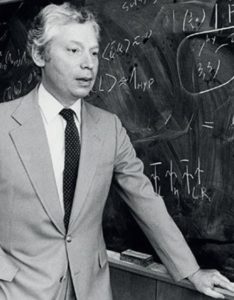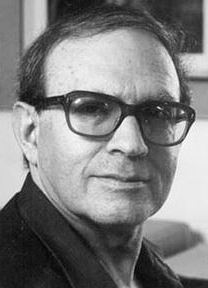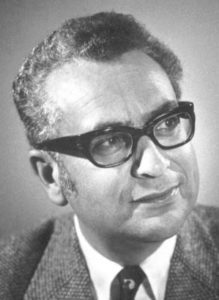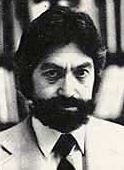Architect of the Standard Model of Physics

Steven Weinberg
Steven Weinberg (b. 1933) was born in New York to Jewish parents of Romanian and German heritage. He studied at the Bronx High School of Science, then did his undergraduate studies in physics at Cornell. After a brief stint at the Niels Bohr Institute in Denmark, he earned his PhD at Princeton in 1957. Weinberg first did research at Columbia University, then became a professor at UC Berkeley. While there, he started writing one of his most famous books, The Quantum Theory of Fields, as well as the popular textbook Gravitation and Cosmology. In 1966, Weinberg moved back east to teach at Harvard. The following year, as a visiting professor at MIT, he published his new model unifying electromagnetism and the nuclear forces. Part of this was proposing the existence of the Higgs boson (which was finally discovered in 2012). Weinberg’s model built on the work of his former high school classmate and fellow Jewish physicist, Sheldon Glashow. The two shared the 1979 Nobel Prize in Physics for their work (together with Pakistani physicist Abdus Salam). Over the years, Weinberg did research on—and greatly furthered our understanding of—gravity and cosmology, quantum physics and string theory, pions, leptons, and supersymmetry. His work has expanded nearly every aspect of modern physics and is among the most renowned scientists in the world. Weinberg has testified before Congress as an expert witness, and has written many popular articles and science books, among them The First Three Minutes and To Explain the World: The Discovery of Modern Science. He has been awarded 11 honourary degrees together with a long list of awards including the National Medal of Science. Weinberg is also a staunch supporter of Israel and has refused to speak at universities that boycott the Jewish State. Today, as he nears his 87th birthday, he continues to write and teach physics at the University of Texas at Austin.
UPDATE: Sadly, Steven Weinberg passed away on July 23rd, 2021.
Words of the Week
Given the history of the attacks on Israel and the oppressiveness and aggressiveness of other countries in the Middle East and elsewhere, boycotting Israel indicates a moral blindness for which it is hard to find any explanation other than antisemitism.
– Steven Weinberg



